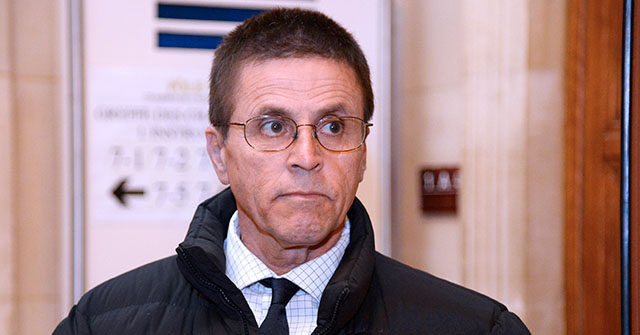The recent revelation that Dr. Hassan Diab, a Lebanese sociology professor at Carleton University in Ottawa, is teaching a course titled “Social Justice in Action” has sparked significant controversy. Diab was convicted by a French court in 2023 for his involvement in a 1980 bombing at the Rue Copernic synagogue in Paris, an attack that resulted in the deaths of four people and injured many others. Described not only as a controversial academic but as a fugitive from international justice, Diab’s presence in a Canadian university setting raises concerns among victims’ families and community organizations. The situation reveals the complexities of justice, academic freedom, and the repercussions of terrorism that resonate beyond national borders.
The bombing itself marked a pivotal moment in France’s history, being the first of its kind to target a Jewish community since World War II. It left behind a haunting legacy of loss and fear, serving as a precursor to many future acts of violence against places of worship. The perpetrator had intended to inflict maximum casualties at a time when congregants were leaving the synagogue after services. Although circumstances led to an early detonation that resulted in fewer injuries than planned, the consequences were devastating. Initially, investigators suspected neo-Nazi groups, but they swiftly pivoted as evidence pointed toward an individual connected to Middle Eastern terrorist networks.
Hassan Diab’s association with the attack took decades to establish. French authorities finally identified him as a suspect nearly 20 years post-attack, and by 2007, he was the subject of an arrest warrant. His case was fraught with complications, including debates over the admissibility of evidence linking him to the crime. Although Diab maintained his innocence, claiming he was in Lebanon during the bloody event, he nevertheless located himself at the center of a contentious extradition saga between Canada and France. A French magistrate dismissed the case due to insufficient evidence in 2018, but that decision saw a reversal on appeal in 2021, leading to his conviction in absentia.
In early 2023, Dr. Diab was found guilty of terrorism charges and sentenced to life imprisonment, reigniting outcry from the families of victims seeking justice and closure for their losses. Diab’s refusal to attend the trial, coupled with his ensuing conviction, elicited outrage from many quarters, particularly from the families of those killed in the bombing, including the family of Aliza Shragir, a prominent television presenter who was among the victims. Their sentiments echoed a broader feeling that allowing a man convicted of murder to teach a course at a Canadian educational institution was a fundamental failure of justice and a disregard for the pain of the victims’ families.
The reactions from officials and organizations, like B’nai Brith Canada, were equally vehement. Many expressed disbelief that Carleton University would retain Diab as a faculty member amidst these grave allegations. The Israeli consul general in Toronto characterized Diab’s position at the university as a direct offense to the memory of those who perished in the bombing. Institutions dedicated to promoting justice and equality find it unconscionable that a convicted terrorist could be permitted to impart knowledge to students, particularly when his teachings are perceived to channel his narrative of innocence regarding the attack.
Despite the surrounding indignation, Carleton University has come to Diab’s defense, describing him as “unjustly accused” and taking measures to support him against possible extradition attempts. Diab has been employed by the university since 2006, and although there have been past objections to his hiring, the institution has actively promoted his academic contributions and public talks. His current course even appears to be centered on examining incorrect judgments within the legal system, with a primary focus on his own extradition saga. Consequently, this situation illustrates a growing tension between the principles of academic freedom, the pursuit of justice, and the complexities of terrorism, raising profound questions about how society reconciles its past with its present.

